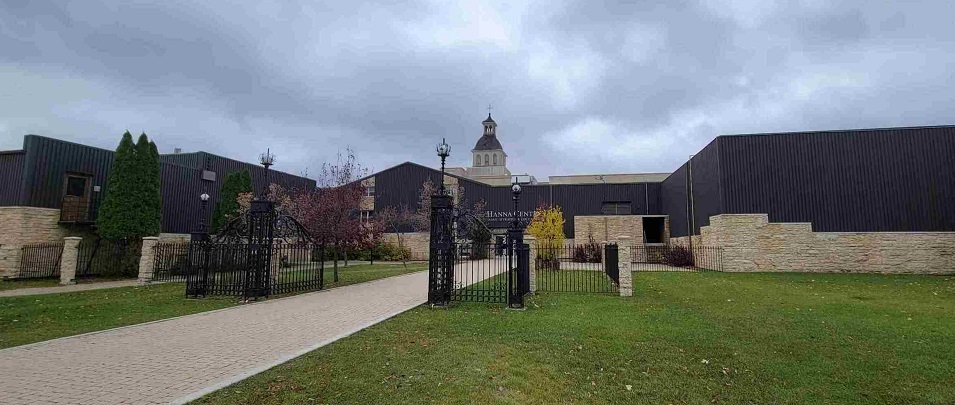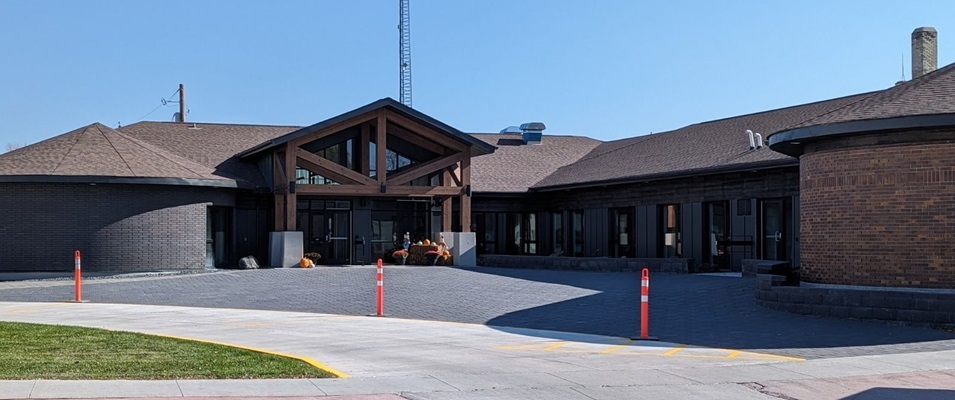
On May 30, a group of 30 faculty members and staff from Providence University College attended the Manitoba Legislative Assembly in the hopes of witnessing their school’s official inclusion on the province’s list of recognized universities.
Unfortunately, they left empty-handed, as the third and final reading of the private member’s bill was denied process by the NDP opposition.
This was the last legislative assembly of the season before MLAs head out on a summer break. For the Providence administration, this will mean starting the process over again after the Legislature reconvenes in the fall.
“Despite passing literally every other private member’s bill, it is curious for the NDP to stop Providence from receiving the recognition it deserves,” said Andrew Micklefield, MLA for Rossmere, in a press release issued by Providence. “Providence is a premier post-secondary institute in Manitoba and our province has been enriched by their graduates, whose talents are evident in their dedicated service to communities across various fields including healthcare, social work, outreach centres, businesses, humanitarian efforts and more.”
![]() According to Providence president Dr. Kenton Anderson, the institute has long referred to itself as a university. However, until they are officially recognized by the government as such, they will remain in the “other” category set out by the Advanced Education Administration Act.
According to Providence president Dr. Kenton Anderson, the institute has long referred to itself as a university. However, until they are officially recognized by the government as such, they will remain in the “other” category set out by the Advanced Education Administration Act.
“Right now, there are certain grants that our faculty can’t apply for,” Anderson told The Citizen. “There’s certain meetings that we don’t get invited to and communication loops that we are not a part of because we don’t have that official listing… and so it’s just not an equal playing field for us.”
According to Anderson, the idea of petitioning the government for official university status has been on the table for quite some time. When the bill was finally brought before the Legislature this year, it passed first and second reading.
Anderson admits there were some hiccups when it came to the second reading, but he felt that Providence had answered all concerns. Days before the vote on a third and final reading, he says, he was warned that the NDP may stand in the way.
“Basically, the NDP opposition didn’t allow for a vote,” Anderson says. “They didn’t even allow for debate. They just shut it down before it could get started, so that was disappointing.”
Apart from the NDP’s use of “procedural rules” as an excuse, Anderson says it’s unclear to him what the party will need in order to accept Providence’s request in the future.
“This bill is completely dead,” says Anderson. “However, our conversation with the Ministry is ongoing and they will know that it’s our full intention to come back to the table and work with whoever is in power to see this through. We’re not going away.”
Jamie Moses is the NDP Critic for Advanced Education and Training. He says that the procedural rules cited by his party at the May 30 assembly refers to the fact that, in their opinion, this should never have been introduced as a private members bill to begin with.
Instead, Moses explains, they want to see the Progressive Conservatives return with a bill brought in by a government minister, which would assure that it is properly structured.
“We support Providence College in the important work they do,” Moses told The Citizen. “We’ve had good conversations with them about this process. It’s important that all institutions seeking university status do this through a proper governance process to ensure corporate structure, bylaws, and governance are enshrined in legislation. This is how other faith-based institutions like CMU have successfully achieved status in the past, which we were proud to support.”
As to why the NDP voted in favour of accepting the bill during first and second reading, Moses says that these are less formal readings where the bill is introduced and debate is welcomed.
In principle, he says, the NDP support the bill. It’s only the process they disagree with.
In 2025, Providence University College and Theological Seminary will be celebrating its centennial anniversary. In light of this, official university status would be a significant milestone to achieve.
“It would bolster Providence’s reputation not only across the province but also on national and international levels,” states the Providence press release.
According to Anderson, even if the province does decide to recognize Providence as a university, it won’t change the values that the institution holds dear.
“We are not compromising [our faith-based approach to education] at all,” Anderson says. “We have no interest in changing or watering down our faith commitments or Christian values. Those are rock solid and always will be.”
Anderson wishes to express gratitude to the Providence supporters through this process, including MLA Micklefield, Minister of Advanced Education and Training Sarah Guillemard, and Minister of Justice Kelvin Goertzen.
He also thanks the NDP’s Jamie Moses, who was helpful and encouraging along the way.
“We believe that Providence is making a tremendous contribution to the people of our province,” Anderson concludes. “Providence is growing, we have a lot to offer, and we will continue to pursue this initiative and are confident that we’ll eventually achieve it.”




















